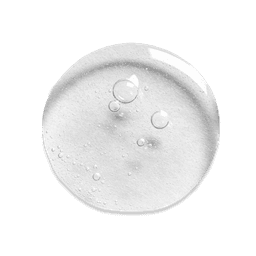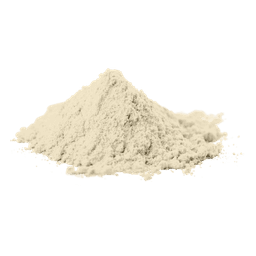Dipeptide-2
This peptide helps regulate pigmentation production. Dipeptide-2 acts upstream in the pigment production pathway to reduce the triggers of pigment production.

INGREDIENT PROFILE
synonyms
Val-trp 24587-37-9 L-Tryptophan, L-valyl- L-Valyl-L-tryptophan valyltryptophan
INCI
Dipeptide-2
What it Is
A short peptide (Valine-tryptophan), chemically synthesized
What it does
antioxidant and anti-inflammatory effects
Targets
angiotensin converting enzyme (ACE) inhibitor, ACE activates alpha-melanocyte hormone (alpha-MSH) which promotes melanin synthesis. By acting upstream of the activator of melanin production, ACE inhibitors significantly reduce melanogenesis
Find it in
 Even element EE1-01
Even element EE1-01Overview
Dipeptide-2 plays a crucial role in the regulation of melanogenesis, the process responsible for melanin production in the skin. It acts as angiotensin-converting enzyme (ACE) inhibitor, blocking a key signal of melanin production. By inhibiting ACE, Dipeptide-2 acts upstream in the melanin production pathway, effectively reducing the activation of alpha-MSH and consequently diminishing melanogenesis (melanin production). This targeted action makes Dipeptide-2 a powerful ingredient for addressing hyperpigmentation and promoting an even skin tone, while also maintaining the benefits of enhanced circulation and skin health.
Skin benefits
Inhibits melanin production
What research has shown
While the use of an ACE inhibitor might seem strange in dealing with hyperpigmentation, the effects can be broken down as follows: Regulation of Melanocyte Activity: Angiotensin II has been found to influence melanocyte activity, which includes the production of melanin. By inhibiting ACE and subsequently decreasing angiotensin II levels, ACE inhibitors can affect melanocyte functions and potentially reduce melanin synthesis. Impact on α-MSH Production: Angiotensin II can modulate the release of α-melanocyte-stimulating hormone (α-MSH), a peptide hormone that stimulates melanogenesis. α-MSH binds to melanocortin 1 receptors (MC1R) on melanocytes, increasing the production of melanin. Through the reduction of angiotensin II, ACE inhibitors may indirectly lower α-MSH levels and thus diminish melanin production. Influence on Skin Blood Flow: ACE inhibitors improve blood flow by dilating blood vessels. Enhanced circulation can influence skin health and may indirectly impact the delivery of nutrients and oxygen to melanocytes, affecting their activity and potentially stabilizing melanin production.
Peer reviewed science
- Nutrients (2017)
- The Journal of Nutrition (2006)
- The Korean Journal of Physiology & Pharmacology (2012)



